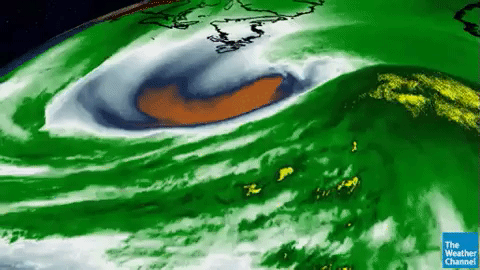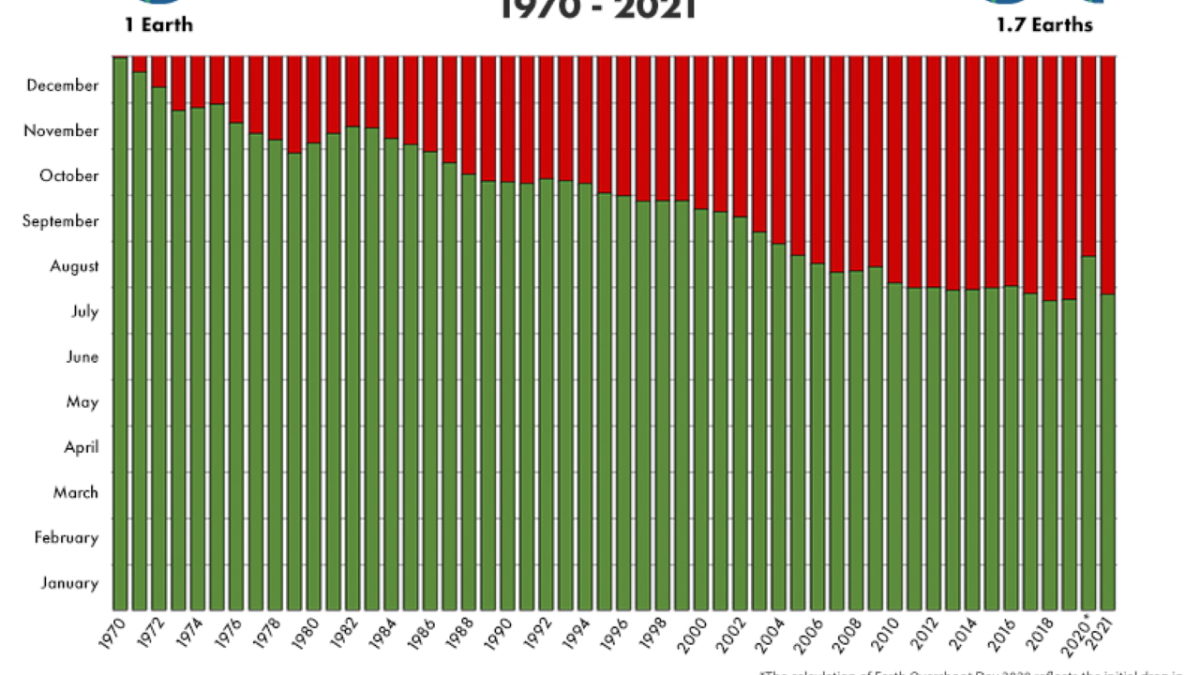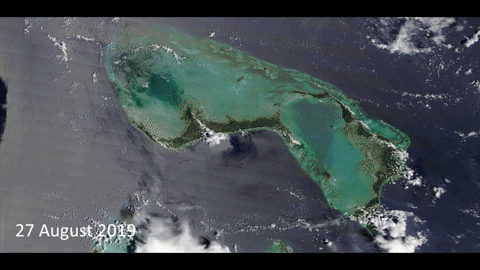Iowa TV meteorologist hounded off the air over climate-change reporting – “I started just connecting the dots”

By Hannah Fingerhut, Heather Hollingsworth, and Summer Ballentine
7 July 2023
DES MOINES, Iowa (AP) – The harassment started to intensify as TV meteorologist Chris Gloninger did more reporting on climate change during local newscasts — outraged emails and even a threat to show up at his house.
Gloninger said he had been recruited, in part, to “shake things up” at the Iowa station where he worked, but backlash was building. The man who sent him a series of threatening emails was charged with third-degree harassment. The Des Moines station asked him to dial back his coverage, facing what he called an understandable pressure to maintain ratings.
“I started just connecting the dots between extreme weather and climate change, and then the volume of pushback started to increase quite dramatically,” he said in an interview with The Associated Press.
So, on 21 June 2023, he announced that he was leaving KCCI-TV — and his 18-year career in broadcast journalism altogether.
Gloninger’s experience is all too common among meteorologists across the country who are encountering reactions from viewers as they tie climate change to extreme temperatures, blizzards, tornadoes and floods in their local weather reports. For on-air meteorologists, the anti-science trend that has emerged in recent years compounds a deepening skepticism of the news media.
Many meteorologists say it’s a reflection of a more hostile political landscape that has also affected workers in a variety of jobs previously seen as nonpartisan, including librarians, school board officials and election workers.
Science is under attack in this country. It’s this larger trend. It’s really unacceptable from our perspective that anyone should have to fear for their lives for merely stating the facts.
Chitra Kumar, managing director of Climate and Energy at the Union of Concerned Scientists
For several years now, Gloninger said, “beliefs are amplified more than truth and evidence-based science. And that is not a good situation to be in as a nation.”
Gloninger’s announcement sent reverberations through a national conference of broadcast meteorologists in Phoenix, where many shared their own horror stories, recalled Brad Colman, president of the American Meteorological Society.
“They say, ‘You should have seen this note.’ And they try to take it with a smile, a lighthearted laugh,” Colman said. “But some of them are really scary.”
Meteorologists have long been subjected to abuse, but that has intensified in recent years, said Sean Sublette, a former TV meteorologist and now the chief meteorologist for the Richmond Times-Dispatch.
“More than once, I’ve had people call me names or tell me I’m stupid or these kinds of harassing type things simply for sharing information that they didn’t want to hear,” he said. […]
“Science is under attack in this country,” said Chitra Kumar, managing director of Climate and Energy at the Union of Concerned Scientists. “It’s this larger trend. It’s really unacceptable from our perspective that anyone should have to fear for their lives for merely stating the facts.” [more]
An Iowa meteorologist started talking about climate change on newscasts. Then came the harassment


